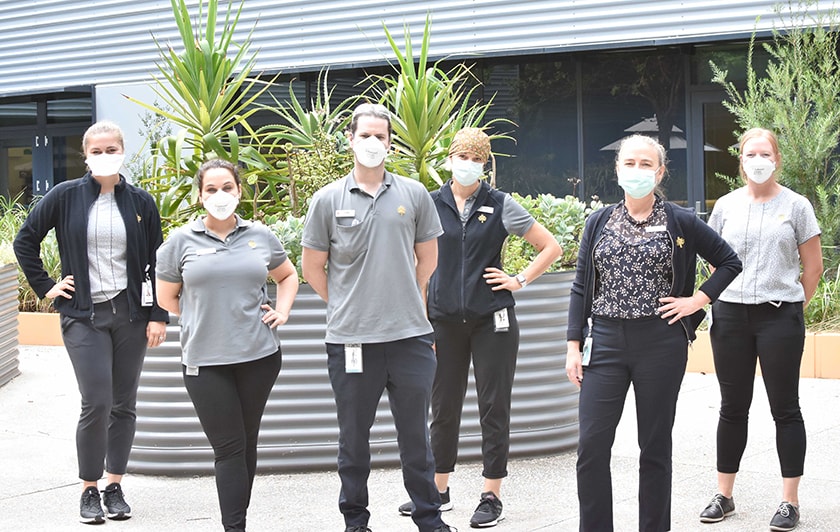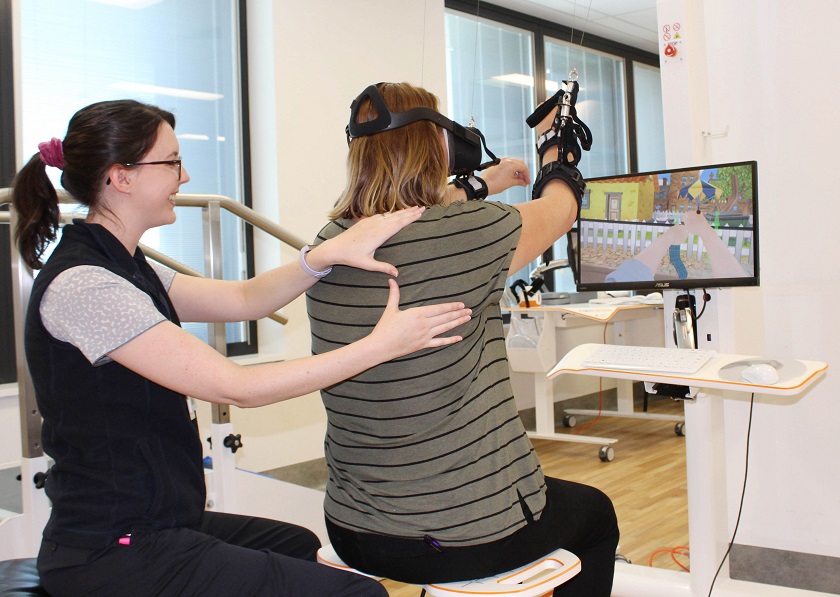What exactly is aphasia?
Aphasia is a communication disorder caused by damage or changes to the language networks of the brain. It can affect all forms of language, including speaking, reading, writing and understanding.
More than 140,000 Australians currently live with aphasia.
Aphasia can have substantial impacts on a person as communication and language are central to most aspects of life, including relationships and work.
Different types of aphasia can occur from different brain conditions. This includes stroke, brain tumour, traumatic brain injury, some brain infections or certain types of dementia.
Depending on the cause, some types of aphasia can improve over time while others may worsen.
Aphasia does not impact a person’s intelligence. People with aphasia know what they want to say and can make decisions for themselves.
Treatments for aphasia may focus on relearning skills or learning strategies for managing aphasia so that people can get on with life.
It is important to know that there are many supports and resources available for people living with aphasia and their families.
The Speech Pathology Department at St John of God Midland Public and Private Hospitals can assist with information, therapy and support for patients.
Other sources of information and support include:
- Aphasia WA - a volunteer-led organisation that runs conversation groups for people living with aphasia across WA
- The Aphasia Centre for Research Excellence in Aphasia Recovery and Rehabilitation
Read more blogs about aphasia: Help people with aphasia have their say and a message from our stroke patients.








